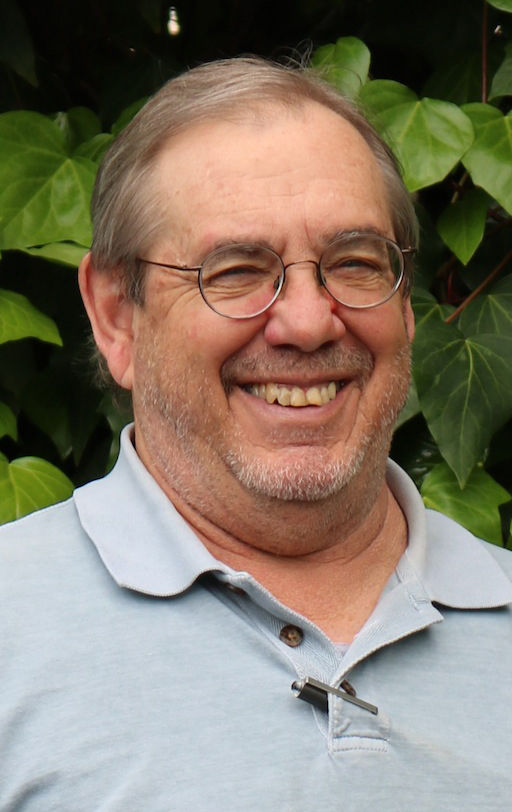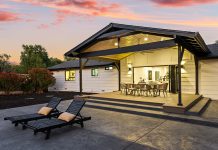This is Sunshine Week, the annual tribute to America’s free press, coordinated by the American Society of News Editors and the Reporters Committee for Freedom of the Press. It coincides with the birthday (March 16) of our fourth president James Madison, the author of much of our U.S. Constitution and Bill of Rights.
Some years, press freedoms and threats against journalists and newspapers are more heightened. What is the case this year, would you say?
A prominent investigative journalist was just murdered in Prague, sparking large protests against an oppressive government. Also, 24 journalists last week were jailed in Turkey for terms of 6-7 years because they reported unfavorably against Tayyip Erdogan, the country’s dictatorial president.
But those are foreign countries. Such attacks against the press wouldn’t happen here, would they? Who called American journalists “the enemy of the people” and described them as “scum,” “disgusting” and “fake?” If the current occupant of the White House so boldly attacks press freedoms, how secure can any of us feel about the rest of our Bill of Right freedoms?
But it is not the tweets of Mr. Trump that represent the more imminent threat to America’s free press. The bigger threats are economical and cultural. The financial health of the newspaper industry has been in serious decline for several years. The public’s support for the jobs that journalists perform as government watchdogs and local community storytellers also has eroded in this age of social media fake news and citizen apathy.
Last year, 4,200 journalism jobs were lost forever in newspapers across America. In just the first two months of 2018, 12 California newspapers, very similar to this one, closed their doors. One-third of all newspaper jobs in the Bay Area, from San Jose to Santa Rosa, have fallen victim to corporate buyouts or expense shedding.
This week is called “sunshine” week because a free press shines a light on government and the powerful, protecting the rights and interests of the people. Where there is no free press or working journalists there is darkness. Nine communities in California have lost their newspapers. In those towns there are no city hall reports, no school budget reviews, no police log or youth sports coverage. There are only unofficial or partisan accounts, social media rumors or gossip.
Thomas Jefferson once said, “Were it left to me to decide whether we should have a government without newspapers, or newspapers without a government, I should not hesitate a moment to prefer the latter.” And he went on to emphasize the following: “but I should mean that every man should receive those papers and be capable of reading them.”
To that, we say, “mega dittos, Tom.”
Along with the drop in business revenues at newspapers, the biggest threat to keeping the light shining on democracy and our open society is too many people’s unqualified ability or unwillingness to read a newspaper on a regular basis.
A newspaper, like the local community it serves, gets better when more people share it. More subscribers and more advertisers mean more news and more sunshine.
In Madison’s and Jefferson’s time it was the King of England who was the biggest threat to a free press. In today’s unprecedented times, the biggest threat to our free press is ourselves. The phrase “use it, or lose it” echoed and fell on deaf ears recently in nine California hometowns.
Those places (near Bakersfield, Visalia and the Sierra foothills) are now being referred to as “news deserts,” joining hundreds of other American towns without a local newspaper. Besides the loss of newspapers, many of these towns also have lost their main streets of mom and pop stores and services.
As it turns out, local newspaper readers also make the best local shoppers, not to mention the very best local voters.
Lots can happen when there is enough sunshine, right Tom?








